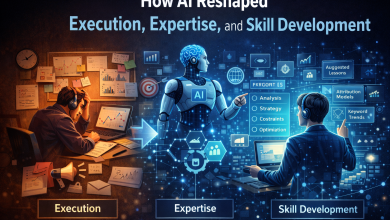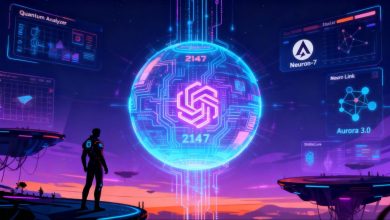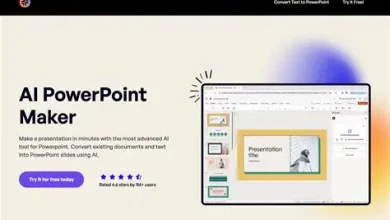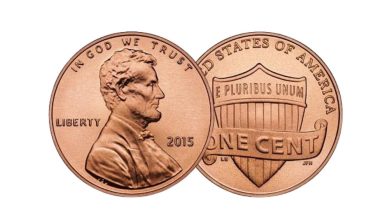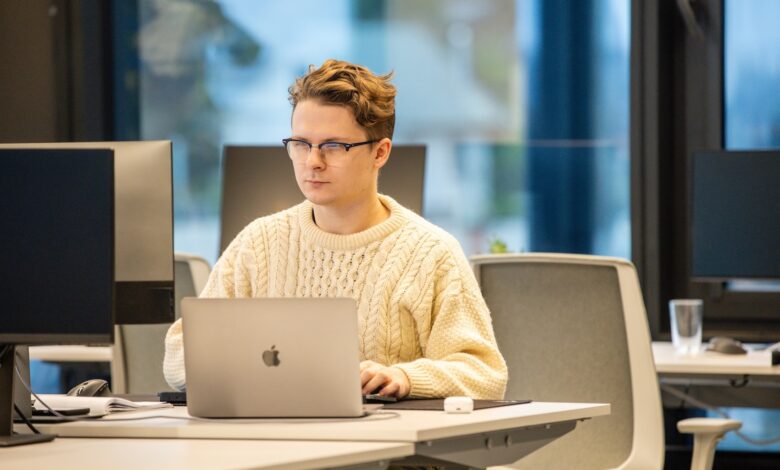
Have you ever had an awesome idea for a website or an app, but gave up because you didn’t know how to code or didn’t have technical expertise? You’re not the only one. But what if I told you that this technical barrier has disappeared? With the rise of AI, it really has. And along with this, a new trend has emerged that’s taking over the internet. It’s called vibe coding, and it will change the world.
A new way of building things
Around half a year ago, I booked a plane ticket to Indonesia. So, I wanted to refresh my Indonesian language skills to impress my colleagues there a bit. Like many people with similar needs, I turned to the Duolingo app. One week in, I realized that I was learning words like ‘red dress’ and ‘library’ – the ones I’m not very likely to use.
Just a few years ago, in such a situation, I would have had only two options. The first would be to continue learning and hope that at least some of the skills will be useful in practice. The second and more likely one: gradually losing motivation and dropping the idea.
But recently, a third option became available. Opening up an interface such as Hostinger Horizons, and simply writing a sentence: ‘build a Duolingo-like app, but just for commonly used words in Indonesian’. In less than 5 minutes, on the first try, I got a working app. I didn’t ask for the progress bars, but they were there. The AI even added a memorization function, gamification, and so on.
Moreover, while it’s not the first product I’ve built, it’s the first one where I have no idea how it works. I don’t know what algorithm, framework, or database it uses, or where the data is stored. But do I really care about all of that here? Not really. For this specific situation, all that matters to me is having the solution to my problem.
No reading devs, just vibes
That is the essence of vibe coding – realizing your idea, fulfilling a need, or solving a problem in minutes with ease and without all the technical burden. And the adoption of this trend is massive. As are the implications of it.
The term ‘vibe coding’ was coined by Andrej Karpathy, one of the world’s top AI specialists. He is a more than capable coder, and yet he finds it appealing to sometimes just test ideas – to put them out there and to see them implemented. No reading devs, just vibes.
Vibe coding could also be viewed as the latest stage in the evolution of coding. And it was always evolving, starting with punch cards that you had to feed into an actual physical machine, to various languages and compilers that allowed you to write code just once and then run it on multiple machines. More recently, we have had autocompletion and integrated coding environments taking the stage. Finally, another step was made with Stack Overflow, which, in a way, allows you to just copy and paste the code into your codebase.
In my opinion, with vibe coding, we are arriving at the ultimate programming language – that is just natural language. With the language that you’ve been taught by your parents and teachers, today you can build apps and websites.
Coding for everyone
Why does it have revolutionary potential, and what does it mean for creators, entrepreneurs, and traditional programmers? Building a website in a traditional way usually takes a lot of time and money, making bigger projects too expensive for many people. Vibe coding makes it much cheaper and easier, letting creators launch projects at an affordable price.
But it is not only about drastically reducing costs. More importantly, it is about removing technical barriers and saving time. There is no longer a need for endless back-and-forth with the developer via email just to change a small detail. AI can do it in minutes. No more promises by the people you hire to get back to you next week, for them only to disappear for a month, and even then, coming back with unfinished code. When vibe coding, you fully control the process and the pace.
It leads to a much bigger transformation. Vibe coding makes, arguably, one of the most valuable skills in the modern era available for all. Before, if you wanted to launch an online project, you had to possess the necessary technical skills yourself or have enough money to hire someone who did. Now, basically everyone can build things online, not just a small fraction of people.
In a way, anyone who can use natural language today is a potential programmer. You, your mother, or your kid can realize a crazy idea. And we are not talking about one or three years from now, but today.
The only limit: imagination
Where does this leave traditional programmers? Many see AI and vibe coding as a threat to their jobs. I see it differently. AI is automating a lot of repetitive tasks – the boring stuff that drains your creativity. But AI cannot come up with great ideas in the shower. It cannot get frustrated by some annoying problem that needs to be fixed. AI cannot wake up at 3 a.m. with a grand vision to build something great. So AI is freeing us from the mundane and allows us to focus on what makes us human: creativity and innovation.
Hard tasks are the new easy, and impossible tasks are the new hard. In other words, what we would have thought of as impossible before is just hard now. This dynamic opens up unprecedented opportunities. OpenAI CEO Sam Altman thinks that the next 1 billion USD valuation company will be created and run by one person in just a few years. For me, it’s just a question of when it will happen, because only imagination, not technical ability, becomes a limit to creating something. Implementation is increasingly just a detail, and the team of AI agents can already run an entire marketing department. But these AI agents lack vision. So, that’s what matters – a unique idea, a vision.
Of course, the programmers who dive deep into tech, who write underlying structures, will still be needed. But the world also needs more problem solvers, people with vision – dreamers, if you will. Vibe coding empowers them. I believe we are truly at an inflection point of human history. And there’s no time to adapt, just to act. People who realize that, who see that imagination is the only limit for creativity, will define the next decade.
They say that the best way to predict the future is to invent it. So, while some people will be debating whether AI will take our jobs, the smartest people will be creating new jobs using AI. And while some are protecting the old ways of working, the pioneers are inventing the future. Will you be watching from the sidelines, or will you be the one contributing to it?


